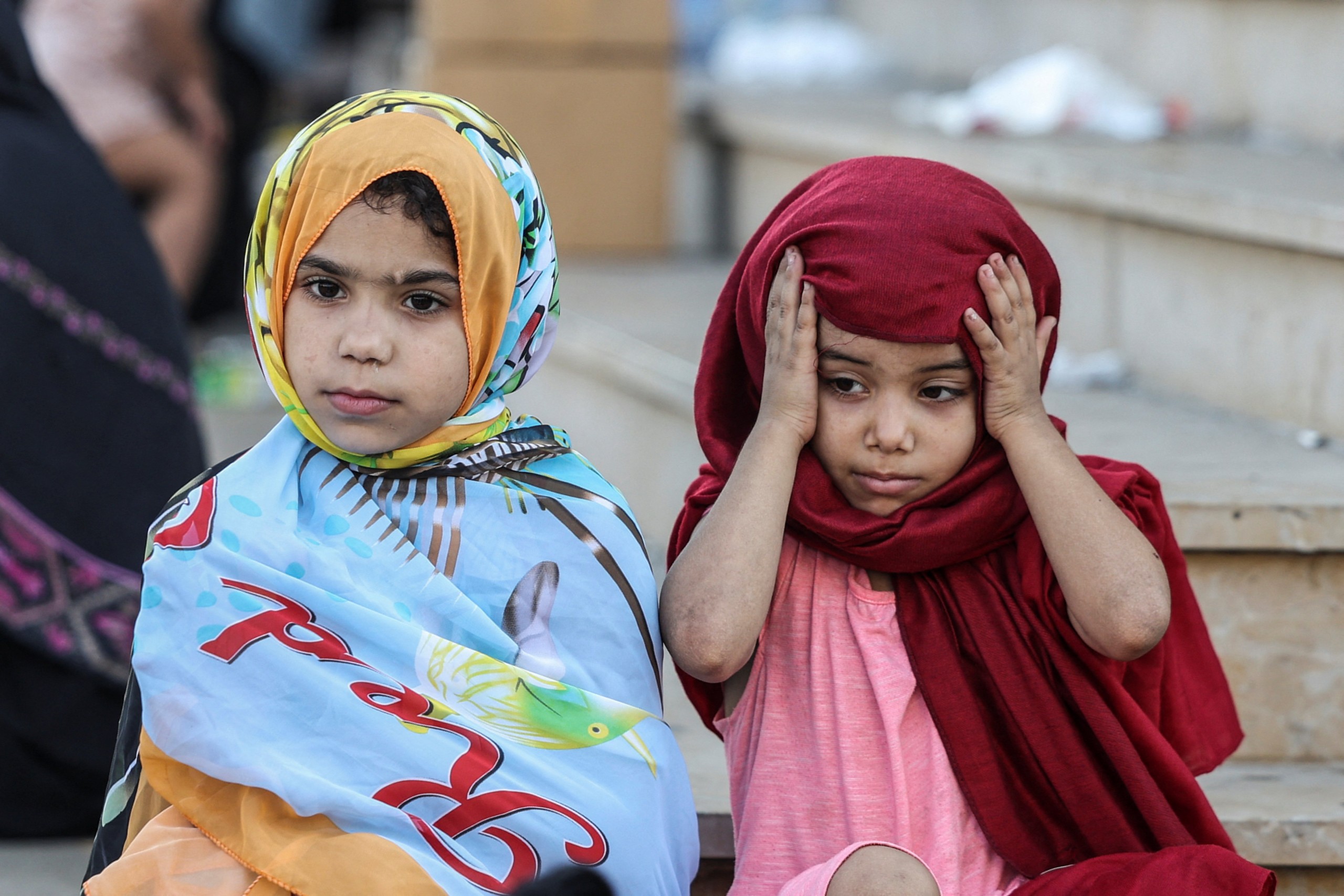
As violence escalates between Israel and Lebanon, the country faces a humanitarian crisis of unprecedented scale. Father Rouphael Zgheib, the National Director of The Pontifical Mission Societies in Lebanon, shared his sobering reflections on the situation, underscoring the immense challenges faced by communities in the region.
A Country Already in Turmoil
Father Rouphael reminds us that the current conflict is not an isolated incident but part of a longer trajectory of suffering. “We don’t have to forget that the crisis started five years ago in 2019 with the uprising and the economic collapse. Then came COVID-19, the Beirut blast, and now the conflict on the border. We have about 1.5 million displaced from the south of Lebanon, with resources stretched thin, especially in the face of a growing sanitary crisis.”
Hospitals, already strained by the aftermath of previous crises, are now overwhelmed. “They can’t take in more patients, with the shelling of homes and villages adding to the number of casualties. Our concern and prayers are for sustainable, just peace—a peace where everyone can find a place to live without fear.”
Civilians Trapped in the Crossfire
Though the Israeli army’s attacks target Hezbollah bases, the consequences are dire for civilians. Father Rouphael describes the widespread impact of bombings: “The small Shiite village of Maaysra in the Keserwan area, a historical settlement of Catholic communities, was bombed. It’s a village just a few kilometres from the headquarters of the Maronite Patriarchate in Bkerké.”
With civilians in predominantly Christian areas increasingly caught in the crossfire, the situation grows more dire each day. The trauma of displacement and the loss of homes leave families in a state of fear, pain, and uncertainty. As Father Rouphael shares, “We all live in a situation where fear, pain, anger, and anxiety are mixed. The uncertainty about what awaits us weighs on everything. It is not clear who can stop all this or if the attacks are just the beginning.”
Relief Efforts Strained by Fear and Mistrust
Lebanon’s churches and schools have opened their doors to shelter displaced families, offering hope and comfort amid the devastation. However, Father Rouphael notes that this solidarity is often tempered by distrust, the result of years of political polarization and economic hardship. “The propaganda and political divisions of recent years have fueled mistrust. The economic crisis has also made it harder for people to help others, leading many to only assist members of their own family or confessional group.”
The sheer scale of need is overwhelming. Relief efforts are hampered as hospitals collapse under the influx of patients, many of whom suffer severe injuries from explosives and bombings. “The hospitals were not prepared for the wounded—many injured in the face and eyes by pager blasts,” Father Rouphael explains. The situation grows worse by the day, as aid workers struggle to reach those in need.
A Cry for Peace
The United Nations Humanitarian Coordinator in Lebanon, Imran Riza, has called the current crisis “the deadliest period in Lebanon in a generation.” His words echo the fear felt by many that this is only the beginning.
In the face of such overwhelming hardship, Father Rouphael calls on us to pray for peace. “Our concern and prayers go to sustainable, just peace—where everyone can live in peace with each other.” The Church, along with other organizations, remains on the front lines of this humanitarian response, providing relief where possible, despite the difficulties.
As the situation continues to unfold, The Pontifical Mission Societies stand in solidarity with the people of Lebanon, praying for peace and justice in this time of immense suffering.


